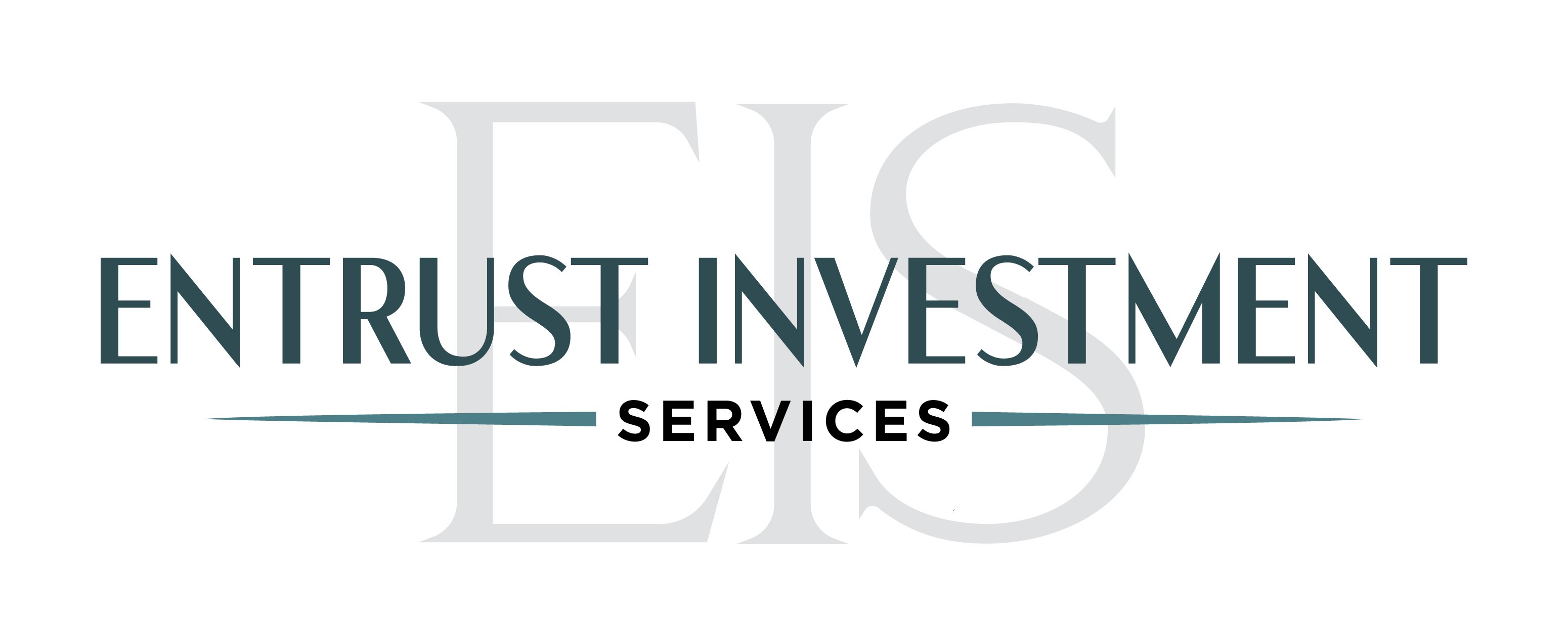In this 6 part series, we will discuss the idea of a "Tax-Free Retirement." We'll discuss some of the pros and cons to developing a Tax-Free Retirement strategy and what methods and tools are best considered to help you reach your goals and objectives. Not all Tax-Free strategies are created equal, and depending on your current financial situation, some strategies may be impossible for you to use to achieve your goals. Please consult with a tax or financial planner prior to implementing anything discussed in this article series. Let's begin.
Definition: Tax-Free Retirement refers to the strategy and outcome of structuring one’s retirement savings and income in such a way that it minimizes or eliminates the federal income tax obligations. Achieving this often involves reducing other sources of retirement income to ensure that an individual or married couple’s taxable income does not exceed the Standard Deduction, thus, potentially paying zero federal income taxes.
Common Sources of Retirement Income:
- Social Security: A federal program providing financial support to retirees based on their earnings record. Depending on your total income, a portion may be tax-free.
- Pensions: Regular payments made by an employer to an employee after retirement. It's often taxable, but exact tax treatment depends on various factors.
- 401k Distributions: Funds withdrawn from a 401(k) account. Traditional 401(k) withdrawals are typically taxable.
- IRA Distributions: Money taken out from an Individual Retirement Account. Traditional IRA distributions are taxable, while Roth IRA distributions can be tax-free.
- Capital Gains: Profits from the sale of investments. Long-term capital gains have favorable tax rates.
- Interest: Earned from savings accounts, CDs, or bonds. Typically, it's taxable.
- Dividends: Payments made by corporations to their shareholders. Qualified dividends benefit from lower tax rates.
- Passive Real Estate Income: Rental income or income from real estate investments, which can have tax advantages with proper planning.
Probable Limitations: While one may achieve a federal tax-free retirement, there are other taxes to consider:
- Property Tax: Local tax based on the value of owned property.
- State Tax: Some states tax retirement income.
- Local Tax: Some local municipalities impose additional taxes.
- Sales Tax: Taxes on goods and services.
- Estate Tax: Tax on the transfer of the estate of a deceased person.
Tax Code Changes: It's crucial to be adaptive and vigilant. What's tax-free today may not be tomorrow. The U.S. tax code frequently changes, and strategies that were once efficient may need adjustment.
Summary: Tax-free retirement planning requires a deep understanding of multiple income sources and their tax implications. While achieving a completely tax-free retirement might be challenging due to various tax layers, with proper planning, it's possible to significantly reduce your tax burden.




